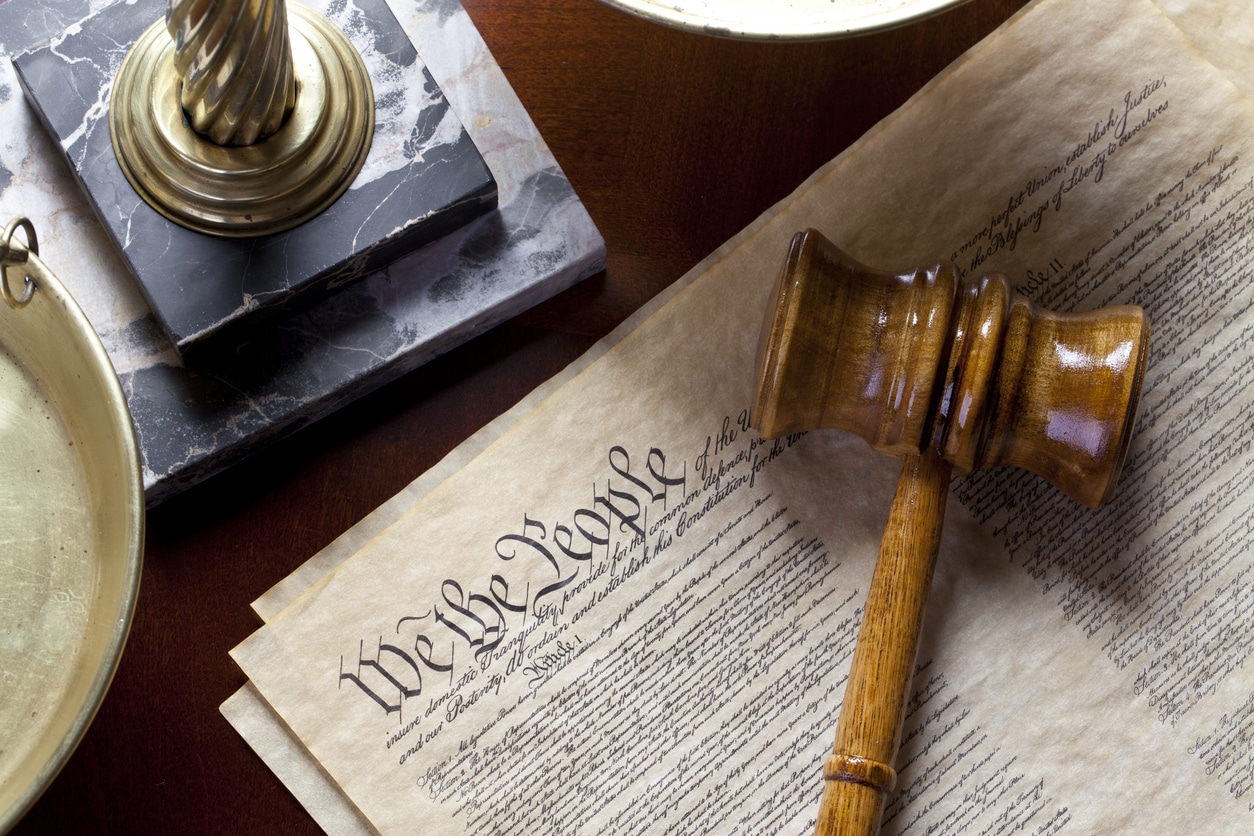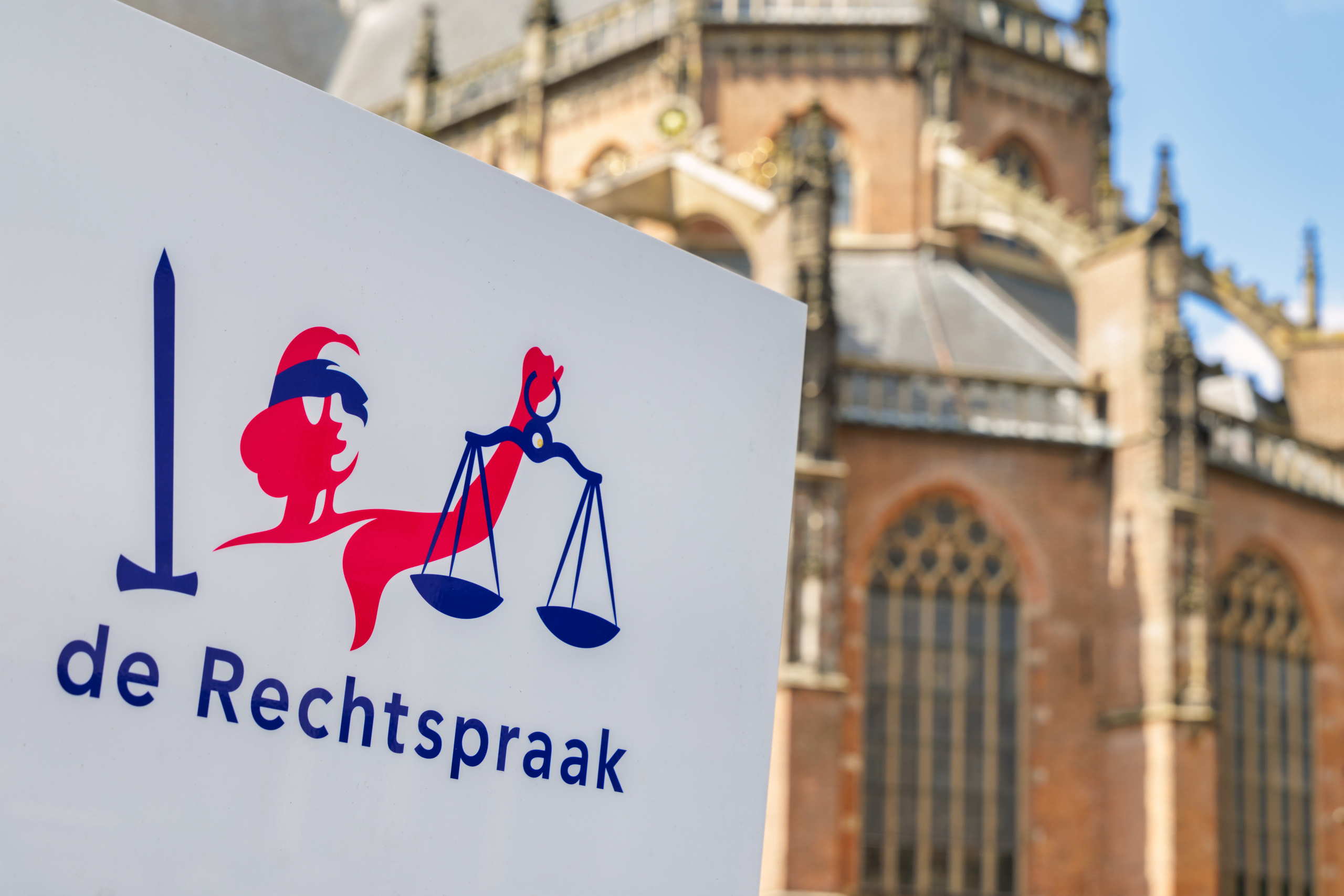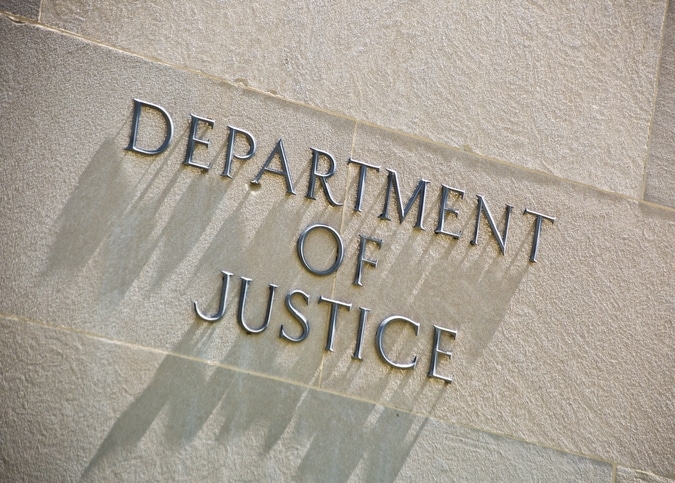Rulemaking Process a Critical Juncture for DOT’s Auto Safety Whistleblower Program

On April 14, nearly seven years passed a Congressionally-set deadline, the U.S. Department of Transportation finally published proposed rules implementing its auto safety whistleblower program. In a new piece for Reuters, Kohn, Kohn & Colapinto founding partner Stephen M. Kohn outlines aspects of the proposed rules which will be hugely consequential for success of the whistleblower program.
“Overall, the rules proposed by the DOT largely mirror the rules of the hugely successful SEC Whistleblower Program,” Kohn explains. “This makes sense given that the whistleblower provisions of the auto-safety whistleblower program were largely modeled off those found in the Dodd-Frank Act, which established the SEC program.”
“There are three major areas in the proposed rules, however, which could potentially undermine the success of the auto-safety whistleblower program,” Kohn continues. “In their proposal, the DOT requests comments from stakeholders on these areas. The direction the DOT chooses to go will have major consequences.”
In the piece, Kohn outlines these three areas and highlights how the DOT could structure its rules to best protect and incentivize auto manufacturing insiders looking to blow the whistle on auto safety issues.
“It remains to be seen whether the DOT will learn from other whistleblower award programs and adopt rules which instill the largest levels of faith in the program among whistleblowers,” Kohn writes in conclusion.
Latest News & Insights
August 18, 2025





